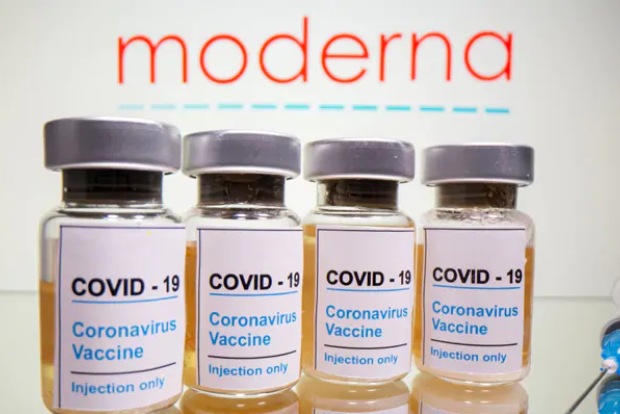The US National Institutes of Health (NIH) has launched a pilot study to assess the antibody response to a third dose of a Covid-19 mRNA vaccine in kidney transplant recipients who did not respond to a two-dose shot of Moderna or Pfizer-BioNTech.
The pilot study, called Covid Protection After Transplant (CPAT), will be conducted at Johns Hopkins University in Baltimore, US. The team will enrol up to 200 adults aged 18 years or older who received a kidney transplant a year or more prior to enrolment and have had no recent organ rejection or change in immunosuppression, the NIH said in a statement.
The lifelong immunosuppressive therapy that organ transplant recipients must take to prevent organ rejection blunts their immune response to both pathogens and vaccines.
Research has shown that many organ transplant recipients do not develop antibodies against SARS-CoV-2, the virus that causes Covid-19, after receiving Covid-19 vaccines.
The study aims to determine whether a third dose of one of the mRNA Covid-19 vaccines could overcome this problem for at least some kidney transplant recipients. This is particularly important because this population has a high prevalence of conditions that are risk factors for severe Covid-19, such as cardiovascular disease and diabetes.
The pilot study also aims to identify characteristics that could help distinguish those kidney transplant recipients who would benefit from a third dose of an mRNA vaccine from those who will require a different approach to achieve protection.
The third-dose vaccine intervention was chosen because of the demonstrated safety of the two-dose mRNA vaccine regimen in solid organ transplant recipients as well as the efficacy of additional doses of other vaccines, such as those for hepatitis and influenza, in immunocompromised people, the NIH said.
The study participants will be followed for one year after enrolment. Preliminary results are expected in September 2021.























